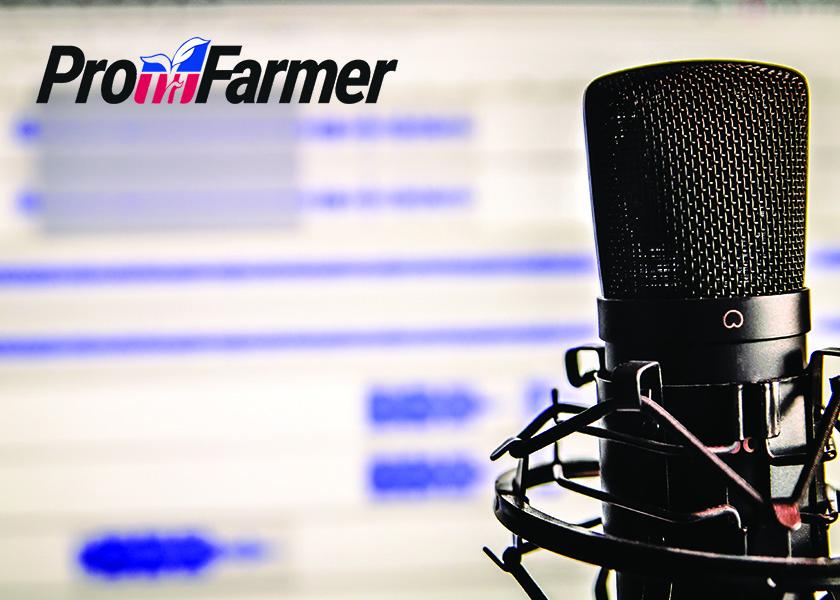Pro Farmer's First Thing Today: Texas Struggles with Winter Storm, Economic Support and More

Get more daily market reports from Pro Farmer, start a free trial here.
Good Morning farm country. Davis Michaelsen here with your morning update for Wednesday, February 17. From Pro Farmer’s First Thing Today, these are some of the stories we are watching this morning:
Corn futures are fractionally to 4 cents lower after seeing a mix of profit-taking and followthrough buying overnight. Soybeans are posting similar gains after two-sided trade overnight. Winter wheat futures are also facing some profit-taking with most contracts down 5 to 7 cents. Spring wheat futures are 2 to 5 cents lower. Crude oil futures have shot to their highest level in more than a year, with the greenback also climbing today.
Texas struggles to restore power to millions. More than half of the energy-rich state’s total power generation capacity remains offline. Natural gas and coal-fired power plants need water to stay online, but those water facilities froze in the cold temperatures and others lost access to the electricity they require to operate. The governor has called for an investigation.
The Texas livestock industry is reeling from the winter storm and outages. Herds are threatened by low temperatures and a lack of feed. Some milk processors have had to shut down amid power outages, and some farmers are being forced to dump tankers of milk on fields because it can’t be processed. State agriculture officials feared livestock may have to be euthanized if they cannot be watered and fed.
A rocket attack occurred against the U.S.-led coalition in Erbil, Iraq. The attack, was claimed by an Iraqi Shiite militia linked to Iran. “Initial reports indicate that the attacks killed one civilian contractor and injured several members of the Coalition, including one American service member and several American contractors,” Secretary of State Antony Blinken said Monday.
Fiscal policy needs to provide additional support for the U.S. economy until the pandemic has run its course, according to Kansas City Fed President Esther George, with the efforts deployed in 2020 clearly helping the U.S. economy, saying, “The economy needs a bridge.” Inflation is not an issue in the U.S. economy, but George cautioned that once consumers start to spend more freely as the pandemic eases, there could be “price pressures.”
Food companies have warned they may need to raise food prices this year to account for commodity price inflation. Conagra CEO Sean Connoly commented that ingredient and packaging costs account for between 60% and 65% of the company’s total cost basket and so far, food companies have been forced to absorb higher costs.
Recent data from the European Union’s statistics office show China dethroned the U.S. as Europe’s top trade partner in 2020. EU exports to China grew by 2.2% and imports from China increased 5.6% to in 2020. EU exports to the U.S. fell by 8.2% and EU imports from the U.S. dropped 13.2%.
Frigid conditions across the Plains and western Corn Belt are impacting animal health, marketings and processing and should help lift the cash market this week. Last week, cattle traded at an average price of $113.83, up 20 cents from the week prior.
Just 419,000 hogs were processed Tuesday, a 75,000-head drop from last week and a 72,000-head decline from year-ago, with this week’s kill now lagging year-ago by 14%. The pork cutout value fell $1.55 yesterday, but movement did pick up a bit







